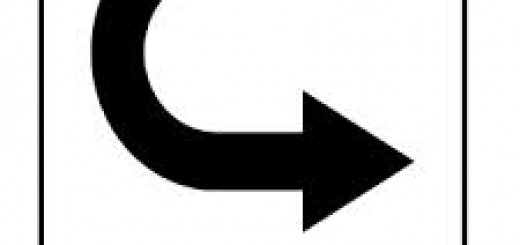By Shalom Olensky
This week in the Torah:
Abraham gives power of attorney of everything he owns to his servant Eliezer so that he succeed in finding a worthy mate for Abraham’s son Isaac. A detailed recount of Eliezer’s mission is given at length (and twice!). The mission is successful and Isaac marries our matriarch Rebecca.
Questions:
Is Eliezer a fully empowered agent or merely an acquiescent matchmaker? Why does Abraham give up everything he owns for this mission? Why does the Torah retell all about the messenger and his experiences, instead of just focusing on the goal; the marriage of Isaac and Rebecca?
Explanation:
Isaac and Rebecca joining in the first Jewish marriage (post – Jewish circumcision instituted as a Mitzvah), was a colossal event that, eventually, brought about the formation of the Jewish Nation.
Furthermore, the joining of Isaac and Rebecca, spiritually, embodies the joining of physicality and spirituality. Rebecca, a “rose among thorns” in her family, joined with Isaac who was not to leave the Holy Land due to his sanctity. By extension, this unification is represented by soul and body, holiness and mundane, and man and wife, as well as G-d and His Bride – the Jews.
By Torah law, a true agent must both be an entity unto his own as well as completely faithful to the one who sent him. This concept reflects the unification of physicality and spirituality, mentioned above.
Answers:
Based on the above it is reasonable to say that Eliezer was a full-fledged agent because this theme is synonymous with the goal of his mission. Abraham invested everything in this mission because of its crucial theme, of utmost importance to G-d; the unification of physicality and spirituality. And the Torah tells so much about the messenger and his experiences, to teach…
Lesson:
…For each and all to be an active messenger, as delineated above, of G-d; by uniting the physical and spiritual within ourselves and our lives and the world around us. Moshiach, also G-d’s messenger, employs these qualities. Our increase in adherence to the Torah and its Mitzvos, including, studying the Torah’s views on the Moshiach-Redemption, is to “greet Moshiach” and “help him” redeem the world.
(Based on Sefer HaSichos—5752, Chayei Sarah)





















